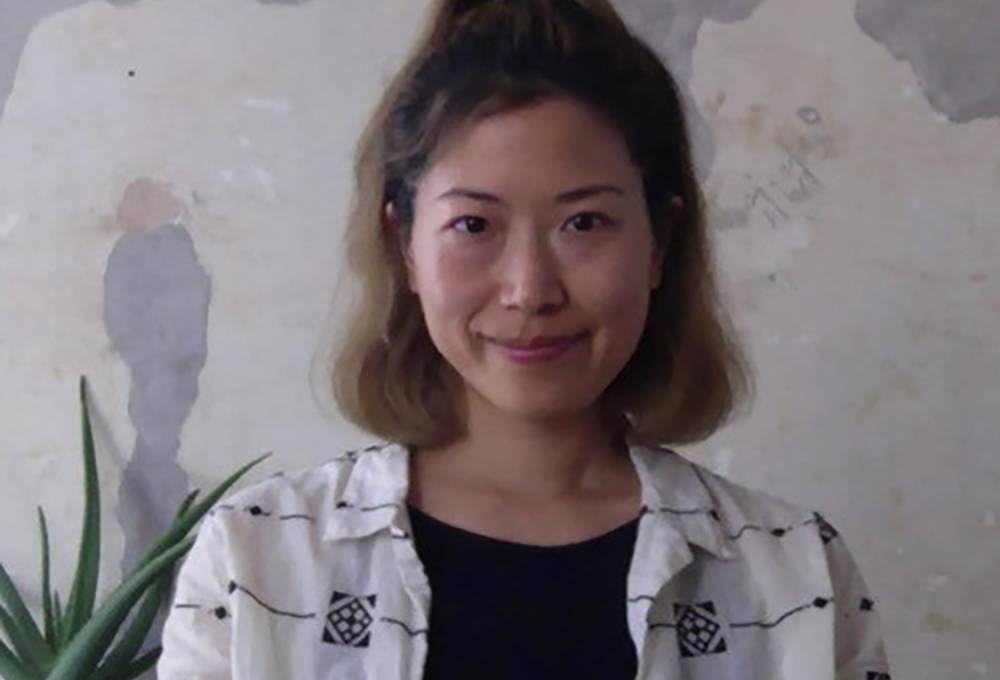Dr Eiko Soga
Contact
- Email: e.soga@kingston.ac.uk
- Location: Kingston School of Art, Knights Park
- Faculty: Kingston School of Art
- School: School of Arts
- Department: Department of Fine Art

About
I am an artist based in London. I work with moving image, photography, poetry, and installation to explore how our sensory knowledge-based engagement contributes to a diverse ecosystem of the more-than-human world. My work uses storytelling as a way to observe and document how ephemeral and intangible aspects of everyday processes can lead to bigger phenomena such as collectiveness and the development of culture. In doing so, I develop modes of thinking which embody value systems that moves away from the colonial, capitalistic, and imperialistic social norms that we might still carry.
Through my practice-led PhD, I produced a photography-essay book titled, ‘Felt Knowledge: Ecologising Art and Samani Ainu Cooking'.
Selected exhibitions include: MAO Late, Modern Art Oxford (UK), Roots and Arts Shiraoi (Japan), Video Forms Digital Arts (France), Design Biennale Zürich, Ethnographic Museum (Switzerland), Learning from the Folklorist Tsuneichi Miyamoto, Ichihara Lake Side Museum (Japan), Kuroko, Index Festival Hub (UK), Bamboo Tori, Sapporo CAI (Japan), Nemagaridake, Uymam Art Project (Japan). Conferences and artist talks include: Japan Anthropology Workshop (JAWS), Relabelling Project, Pitt Rivers Museum (UK), Imagining Our Digital Futures, University of Sheffield (UK), Blue Seas Thinking, Lancaster University (UK), 3rd Tanaka Symposium in Japanese Studies, University of Oxford (UK), Ecologies of Knowledge and Practice, University of Oxford (UK).
Academic responsibilities
Lecturer, Fine Art
Qualifications
- PhD in Fine Art, The Ruskin School of Art, University of Oxford
- MSc in Japanese Studies, Nissan Institute of Japanese Studies, University of Oxford
- MFA in Fine Art, The Slade School of Fine Art, University College London
- BA in Fine Art, Chelsea College of Art, University of the Arts London